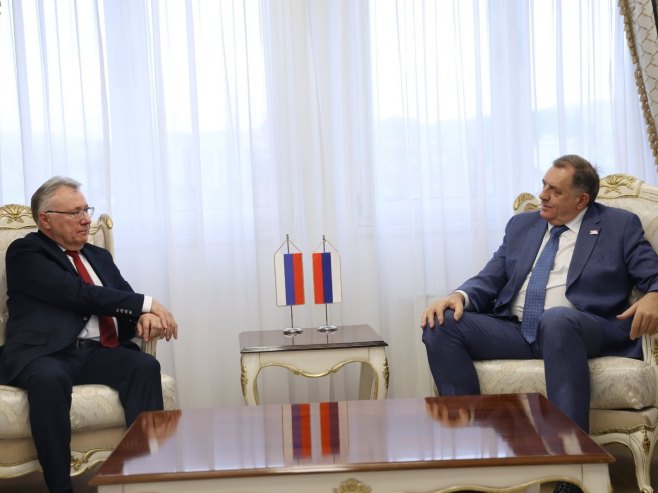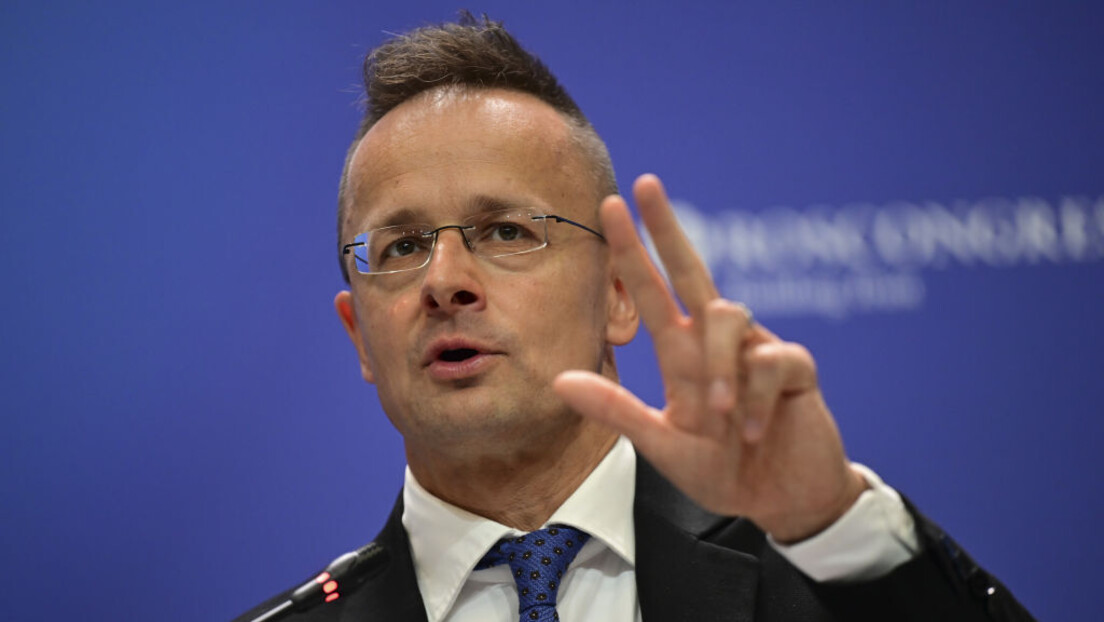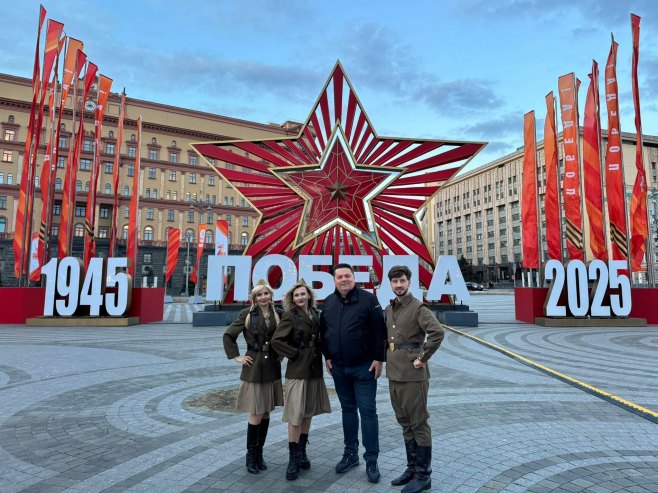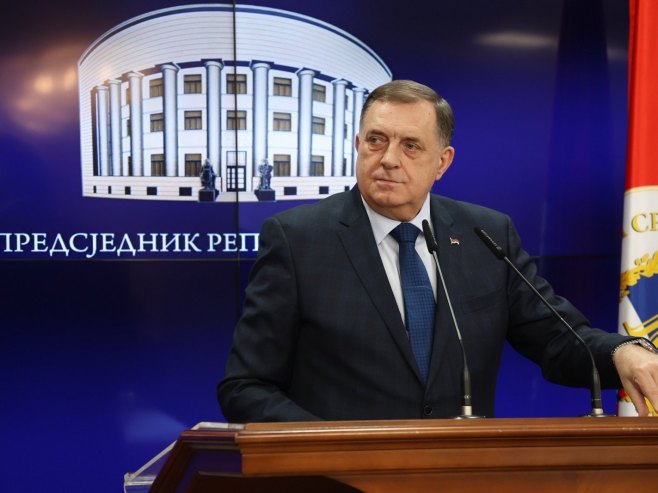Thirty years after the signing of the Dayton Peace Agreement, Bosnia and Herzegovina still does not know whether it respects or rejects the agreement, said Danijel Dragičević, Chief of Staff to the President of Republika Srpska, in a statement to SRNA.
Dragičević noted that the anniversary of this event, marked in Dayton itself, once again raised old questions but, for the first time in many years, also delivered a new message — this time from U.S. Deputy Secretary of State Christopher Landau, who clearly stated: “Bosnia and Herzegovina must adapt to new times.”
“That is exactly what the President of Republika Srpska, Milorad Dodik, already said in the National Assembly. His speech, which has already become a document of historical significance, was not merely a political statement — it was a proposal, a hand extended on behalf of the people who elected him, a people that does not want conflict but agreement, that does not want subordination but equality,” Dragičević emphasized.
He added that President Milorad Dodik spoke about Dayton, about the Constitution, about the agreement that binds everyone in Bosnia and Herzegovina.
“He spoke of the fact that Bosnia and Herzegovina can only exist as a community of two entities and three peoples — or not at all. That was not a threat. It was a reminder,” Dragičević stated.
While Republika Srpska calls for dialogue and mutual respect, he said, familiar messages were once again coming from Sarajevo.
“Denis Bećirović, Elmedin Konaković, and the well-rehearsed chorus of regular commentators delivered their usual routine. In their statements, there was obsession instead of substance, attack instead of proposals, gossip instead of vision.”
“The time has passed when Sarajevo could pose as both victim and judge. Today, the world is listening. Today, even an American representative says: ‘You must adapt to new times.’ That is precisely what Milorad Dodik said earlier — clearly and directly,” Dragičević stressed.
If anything has become clear after 30 years, he told SRNA, it is the inability of the Bosniak political elite to break free from their political autism — which is why Landau’s message hits them particularly hard.
“Sarajevo’s public, used to living in a controlled media fog, is now displaying peak absurdity, trying to convince people that they did not hear what they heard, did not see what they saw — that Landau said something else, that he supported something he clearly didn’t. That Dayton exists — but not the one that was signed, rather some imagined version.”
In that light, Milorad Dodik’s speech stands out as something rare in regional politics — a demonstration of maturity. Without euphoria. Without shouting. With full awareness of the times, geopolitics, internal dynamics, and crisis potential. With a proposal. With responsibility. With a message of peace,” Dragičević emphasized.
If this message is rejected, he added, the blame will not lie with the one who sent it, but with those who — even 30 years later — still don’t understand where they live and fail to recognize an opportunity.
“And perhaps now is the right moment for some new people in Sarajevo to ask a simple question: what if this man, whom we’ve spent years trying to corner, isn’t the problem — but the solution?” Dragičević concluded.
Source: RTRS









